While “hope” was intended to be the theme word for the Signs of Hope gala, “generosity” was certainly a close second. Philanthropist Judith Glickman welcomed 160 supporters of Spring Harbor Hospital to her stunning seaside home near Fort Williams Park for an emotional evening that raised $90,000 for mental health services.
“We’re very lucky to have some very generous supporters,” said Michelle Zichella, development director for Spring Harbor.
The event was co-hosted by another longtime supporter, Millicent Monk of Cape Elizabeth, who chronicled her family’s struggles with mental illness over several generations in her memoir “Songs of Three Islands,” published in 2012.
“It’s our goal to spread the word about the good work that Spring Harbor does as a resource in our community,” said Paula Banks Theofilos, a development committee member and mental health case manager. “If they weren’t there, we’d be in trouble.”
“It’s about breaking down the stigma,” said development committee member Shannon Saxby, who was an intern at Spring Harbor last year.
“Spring Harbor and that whole mental health system is an incredibly special place for people with special needs,” said Richard Peterson, chief executive officer of Maine Medical Center, which works closely with Spring Harbor to coordinate care.
“There’s so much they can do with mental health,” said Sheri Boulos, who hosted the event at her home in Falmouth last summer. “We just want the community aware, and they’ll talk about it.”
“Mental health doesn’t often get this kind of attention,” said Will Robinson, a health care policy worker and the son of Spring Harbor’s chief medical officer, Girard E. Robinson.
The upscale fundraiser celebrated the fall 2014 opening of an 8,000-square-foot Center for Autism and Developmental Disorders (CADD) in South Portland, five minutes from the hospital.
As the center was described, the primary funders of this new initiative were in the room: Glickman, in memory of her late husband Albert Brenner Glickman; the Lauder Foundation; and the Harold Alfond Foundation, in memory of Dorothy “Bibby” Alfond.
“The need is vast and growing,” said Matthew Siegel, director of the developmental disorders program at Spring Harbor. “Kids with these challenges need multiple support providers, so they travel from office to office to office. Our vision is to bring all these providers together in one space.”
The CADD will be a single home base for everything from child psychiatry to occupational therapy to family counseling in a setting that fosters ongoing research and offers private school, day treatment, and short-term hospitalization. Siegel outlined the importance of being able to step up or step down in services in an integrated approach, depending on what the patient needs at any given time.
“This is something that every doctor who works with autism knows is needed, but it’s challenging to provide,” said Tamara Palka, a child psychologist at Spring Harbor Hospital. “So it’s very exciting that we’re doing this.”
“This is a very significant change,” said Robert McCarley, medical director of Spring Harbor Hospital. “It provides for the care and perhaps provides further access for families of children on the autism spectrum.”
“One of the big challenges in the mental health system is that it’s so fragmented,” said Steve Price, interim communications director. The CADD will be unique in its multidisciplinary, coordinated approach to care, he said.
A noteworthy aspect of the CADD made possible only through philanthropy is that every primary care physician in the state will have access to same-day telephone consultation with autism experts.
Guest speaker Wendi O’Donovan told of her family’s experience with 18-year-old son Ryan, who is autistic and now lives at a residential facility in Portland and has family visits four times a week.
“Our journey has been rugged and heart-wrenching,” O’Donovan said.
She describes Ryan as “the sweetest boy,” a “handsome redhead” who enjoys the alphabet and could happily work someday filing folders alphabetically. But he is 6 foot, 4 inches tall and 215 pounds, he can’t express what he needs, and he gets frustrated.
“Our younger son and I have had to barricade ourselves in rooms,” she said, explaining why the family reluctantly concluded that Ryan couldn’t live at home any longer. Ryan is now at a “dormlike” facility with suite-mates and around-the-clock care. But he will age out of that program on his 20th birthday.
“To the best of my knowledge, there are no facilities in Maine with a dormlike setting for adults,” O’Donovan said. “Our journey with Ryan is constantly evolving and eye-opening.”
“I’m not a big crier at all, particularly with what we deal with, but I have to admit I started crying as Wendi was speaking,” Dr. Siegel said. “In the face of what you’ve heard – autism, violence, and upset – they continue to look for and find good in their child.”
Just as the CADD is preparing to open, Siegel noted, the O’Donovans are “one step ahead,” already highlighting the need for a similar program for adults.
“I am so grateful to Dr. Siegel and the dedicated staff at Spring Harbor,” O’Donovan said. “There were days when I just felt so lost and not sure where to turn. We are so blessed to have this resource.”
Concluding her remarks to an emotional, sympathetic crowd, O’Donovan said, “Your presence today gives Tim and I signs of hope.”
Amy Paradysz is a freelance writer based in Scarborough. She can be reached at:
amyparadysz@gmail.com
Send questions/comments to the editors.

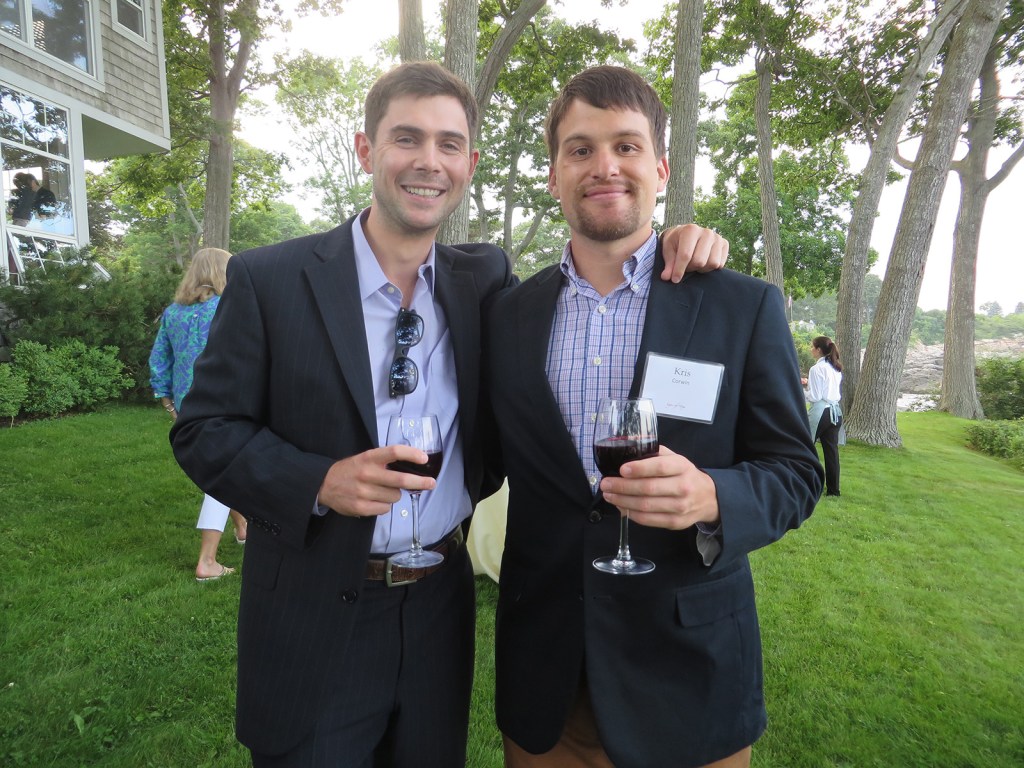
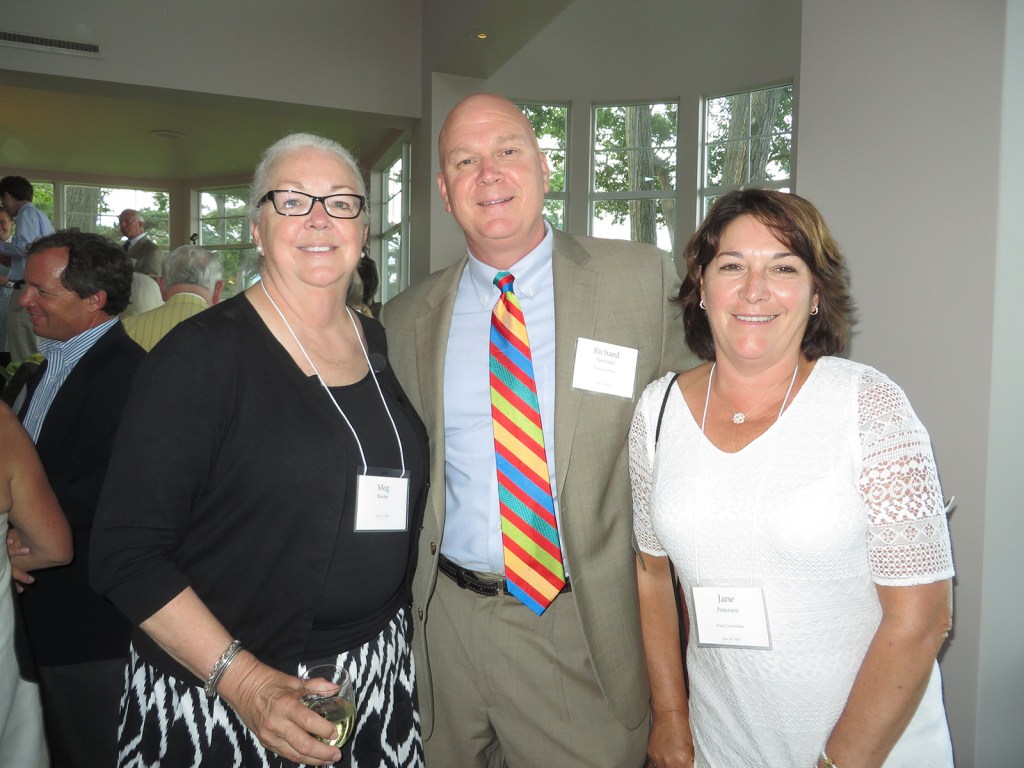
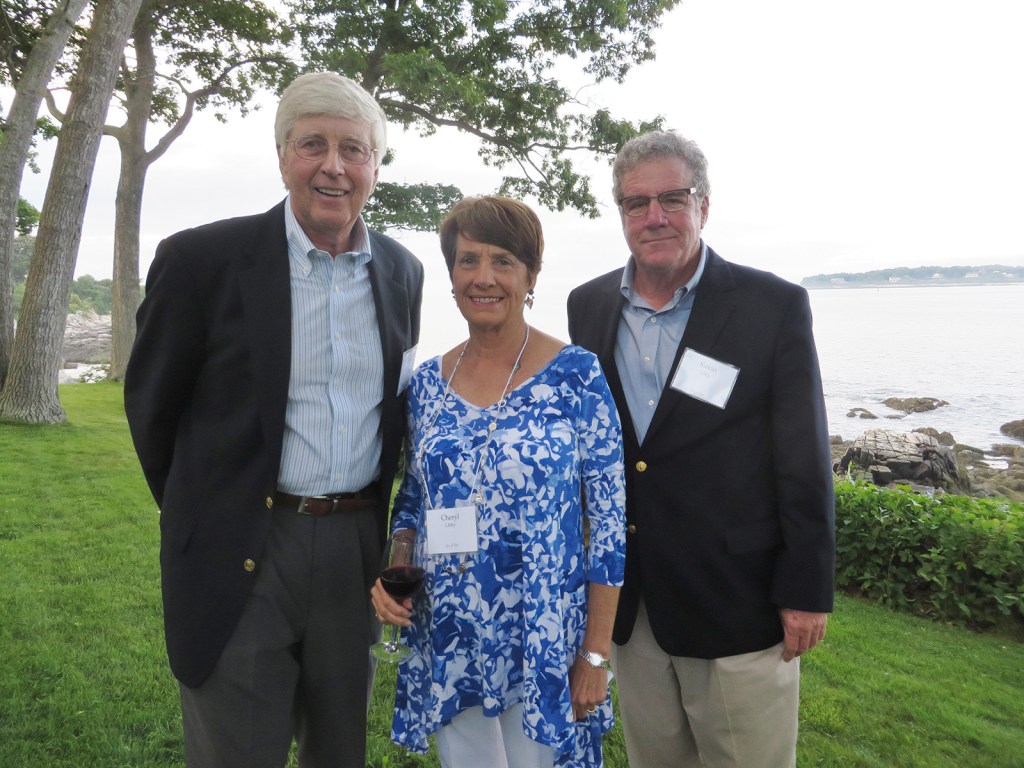
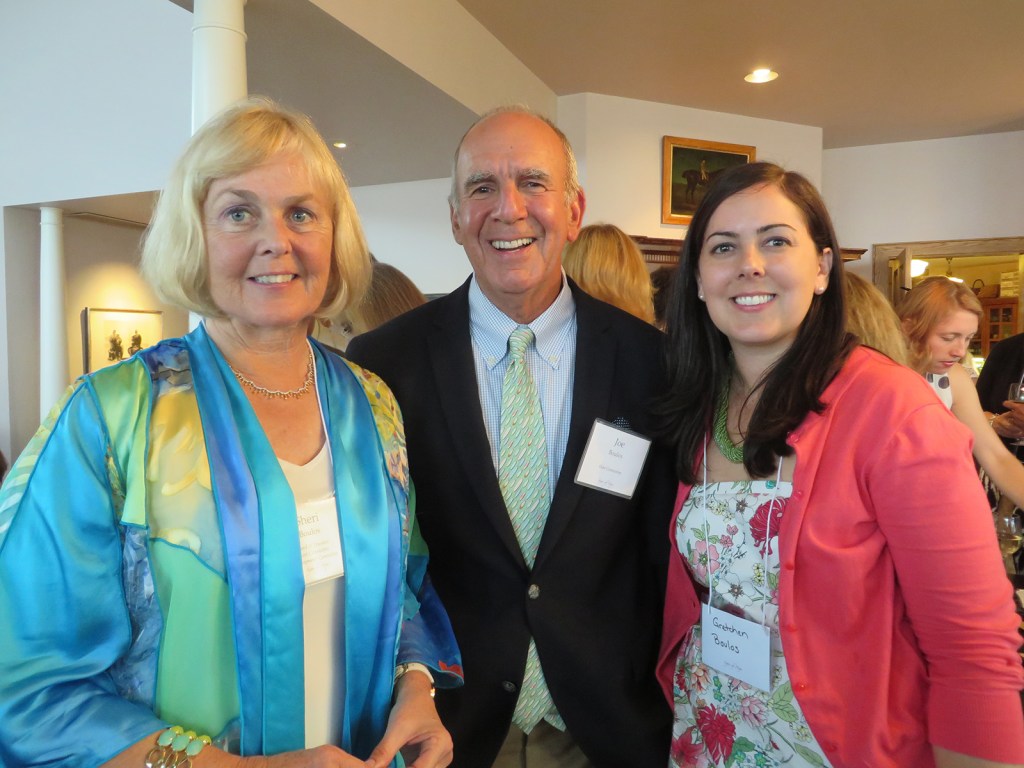
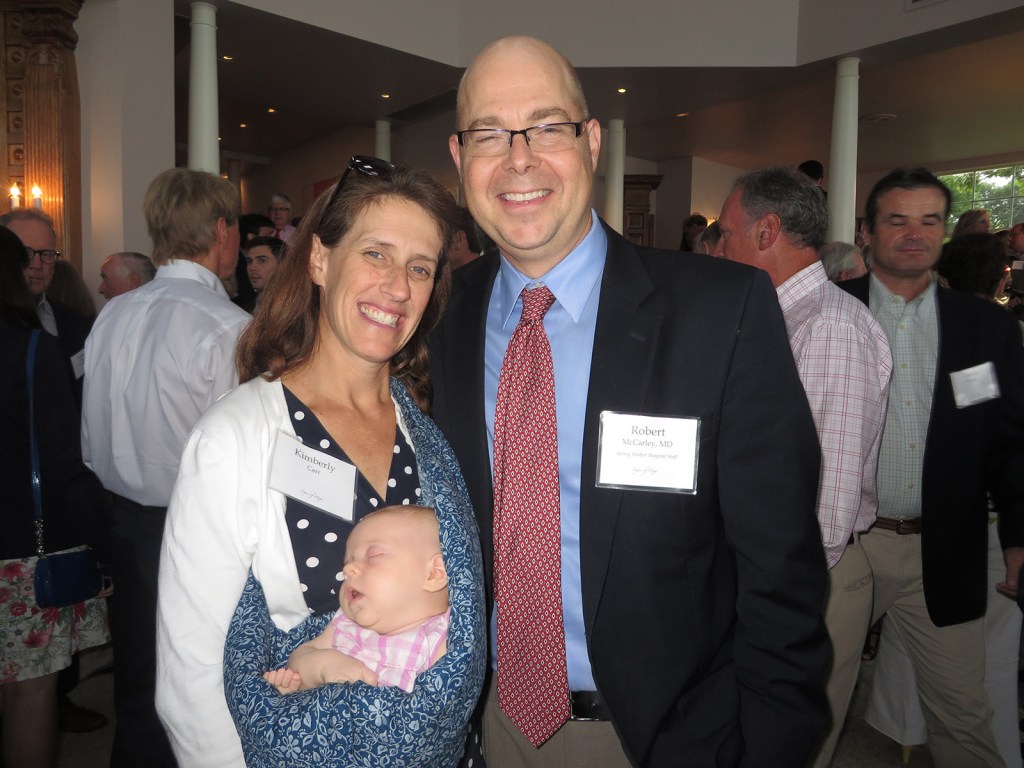

Success. Please wait for the page to reload. If the page does not reload within 5 seconds, please refresh the page.
Enter your email and password to access comments.
Hi, to comment on stories you must . This profile is in addition to your subscription and website login.
Already have a commenting profile? .
Invalid username/password.
Please check your email to confirm and complete your registration.
Only subscribers are eligible to post comments. Please subscribe or login first for digital access. Here’s why.
Use the form below to reset your password. When you've submitted your account email, we will send an email with a reset code.